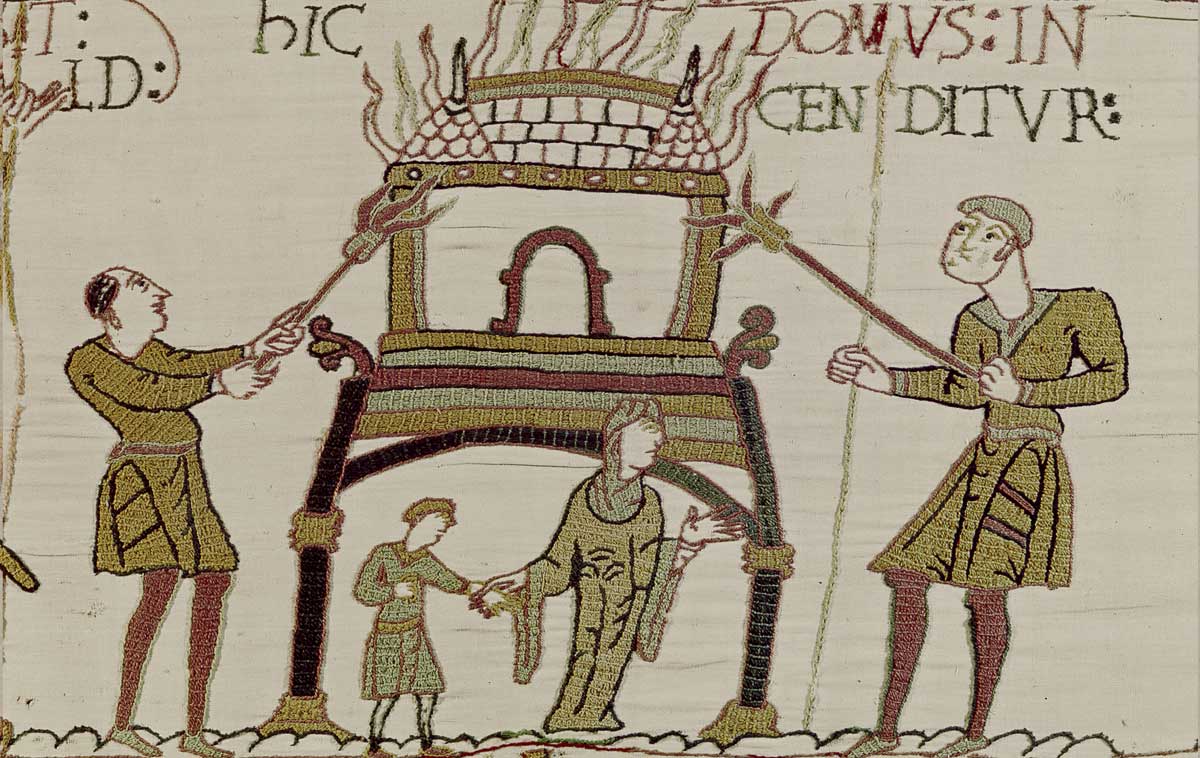The Lost Generations | History Today - 4 minutes read

The past two years of life in a pandemic have taken their toll on everyone, but not in the same way. As we all know, the impact of these years has varied greatly between different groups in society, depending on many factors – including, importantly, age. Both fear of the disease and the disruption caused by restrictions have been different for the old and the young – the elderly in locked-down care homes, children in repeatedly closed schools, all bearing their own kind of burden. I often wonder how the teenagers I know, who have endured constant upheaval with incredible patience, will look back on this time in years to come, especially when they reach the age of the older relatives for whose sake they have largely made these sacrifices.
I have been fascinated for a while by the question of how age and generational gaps play into differing experiences of historical events. In considering the history of recent decades, such issues are often discussed and their significance is immediately apparent. Today we label our generations (I speak as a millennial) and most people can readily picture the difference it made to an individual’s life to be born in Britain in, say, 1925 versus 1945. Two world wars and rapid social and economic change have meant that life experiences have altered hugely from one generation to the next.
The further back in history you go, the harder it becomes to investigate these issues. By the time you get to the early medieval period you have to grapple with unhelpful gaps in the sources: specific birth years are rarely recorded even for the most prominent people and it’s hard to identify a whole generation when you can’t be sure of the decade in which many of the people you are studying were born.
However, sometimes the patterns of history turn out in a way that makes this question more possible to answer – and more interesting. For my new book, Conquered: The Last Children of Anglo-Saxon England, I’ve been exploring the lives of a group of people whose experiences of the Norman Conquest of England were shaped primarily by their age. Children or adolescents in 1066, they were too young to have achieved positions of power before the conquest, but were old enough to feel and remember the effects of its political turmoil on their lives. Some were children of prominent families, who might have expected to grow up into wealth and privilege; suddenly, they found their opportunities in life drastically altered by events beyond their control and had to navigate a swiftly changing world. Others were from more ordinary backgrounds, but recorded their childhood memories of these tumultuous years.
These young people’s stories are often moving, but one I find especially touching concerns the family of Harold Godwineson, whose death at the Battle of Hastings has often seemed to encapsulate so much about this time of change. Harold and several of his brothers – almost all the adult men of their family – were killed in battle within the space of a few weeks in 1066. They left sons and daughters, in their teens and younger. These children had been born into the most powerful dynasty in England, but with Harold’s death they had been left heirs to a tainted and controversial legacy. What next for them?
The answer lay, perhaps surprisingly, with their grandmother, Gytha. A wealthy and forceful woman, she was at this time a widow in her late sixties. Even as the mother of the dead and discredited King Harold, Gytha would probably have been permitted to live out the rest of her life quietly in Norman-ruled England. Instead, she took a much braver course. She helped her grandsons to coordinate short-lived armed resistance to the Normans in the west of England and, when that failed, she gathered together the remnants of her shattered family and led them on a journey abroad. They went first to Flat Holm, a small rocky island in the Bristol Channel – hardly a comfortable environment for a party of women and children – and from there to Flanders, then to Gytha’s native Denmark, where her grandchildren began their new lives.
Gytha’s courage was extraordinary, and she was clearly willing to face considerable hardship for her grandchildren’s sake. The old and the young may experience things differently, but nonetheless the bonds across generations can be very strong – more powerful than what divides us. That, too, has been evident in the sacrifices we have all made over the past two years.
Eleanor Parker is Lecturer in Medieval English Literature at Brasenose College, Oxford and writes a blog at aclerkofoxford.blogspot.co.uk.
Source: History Today Feed